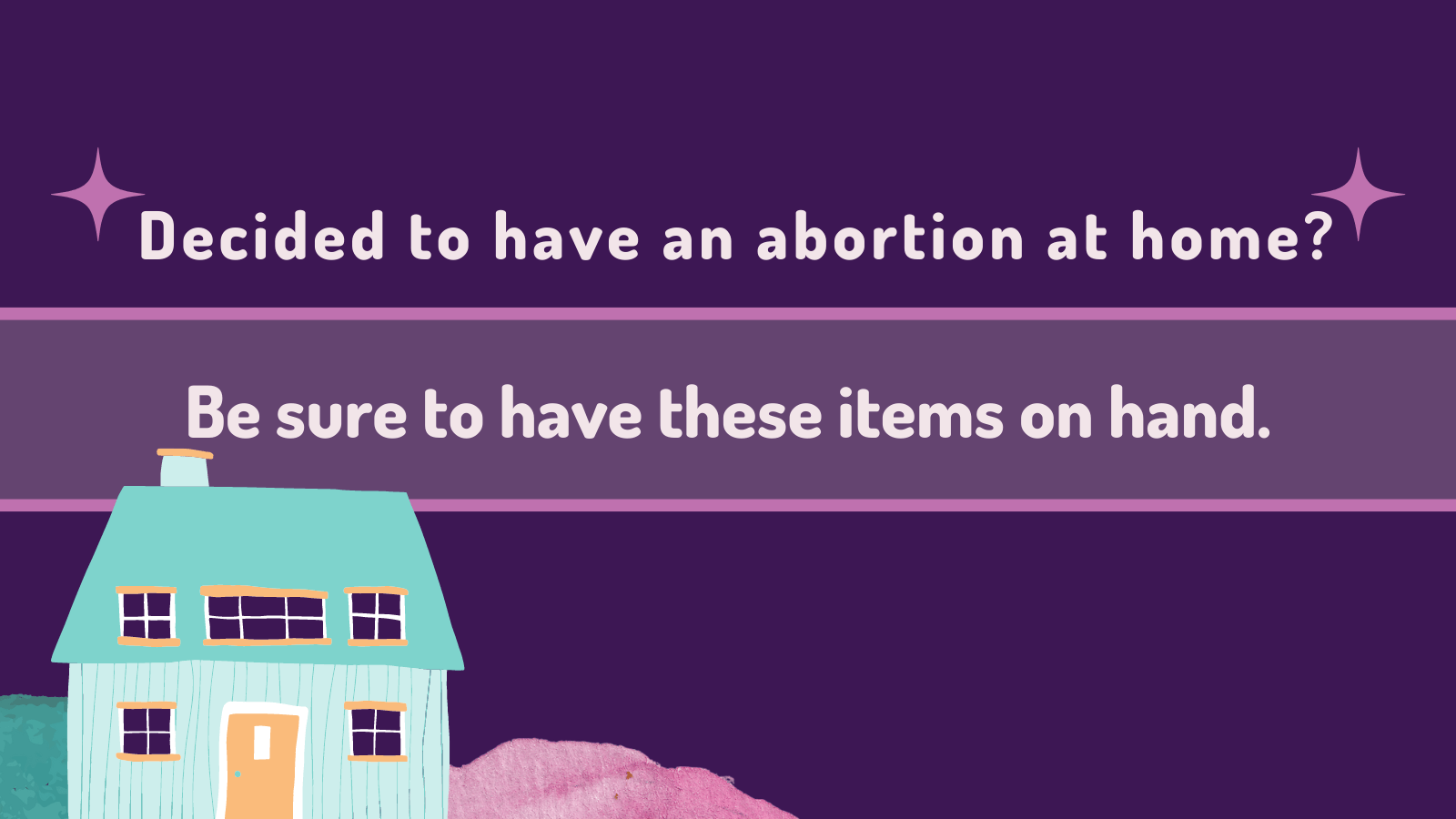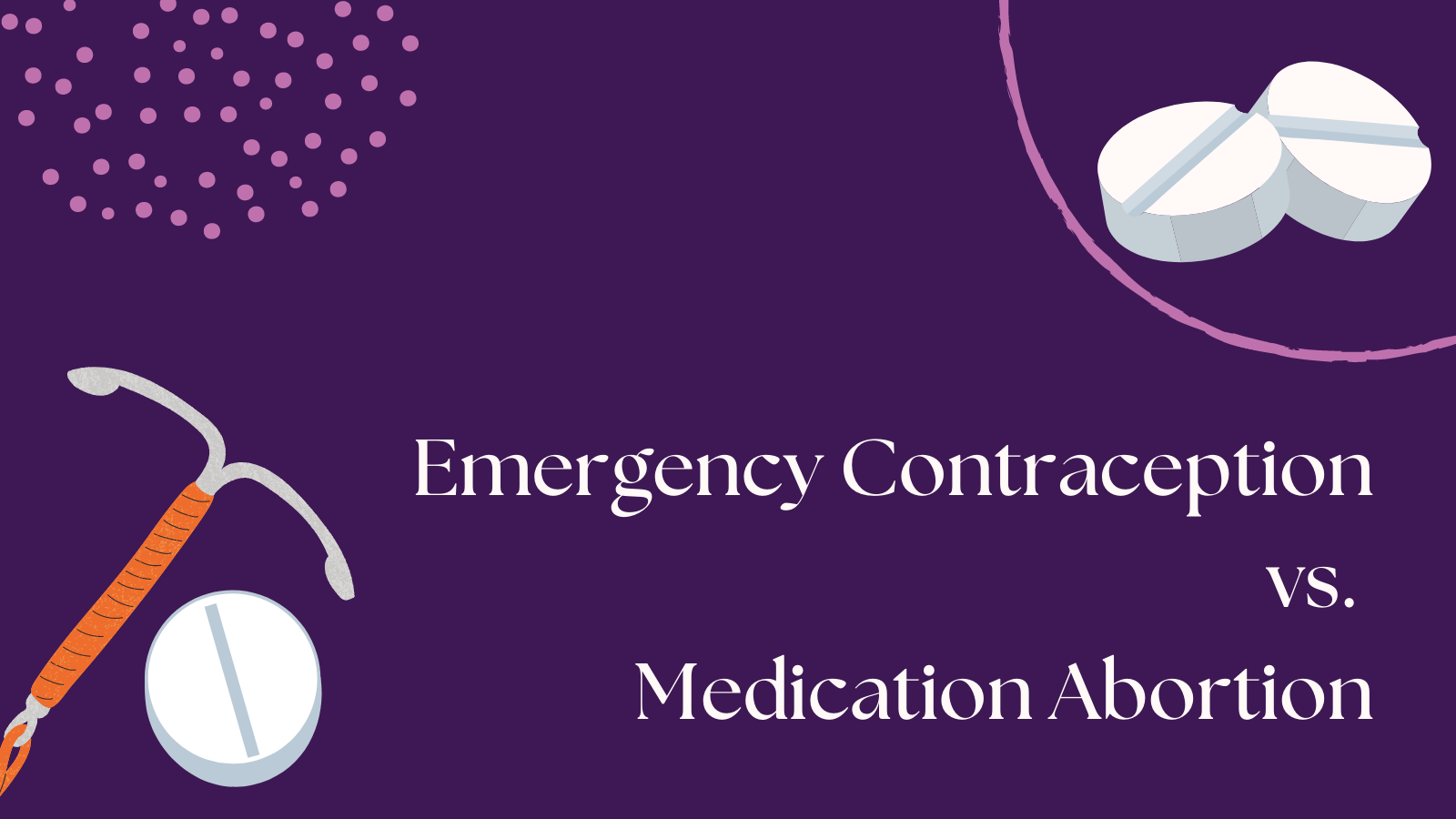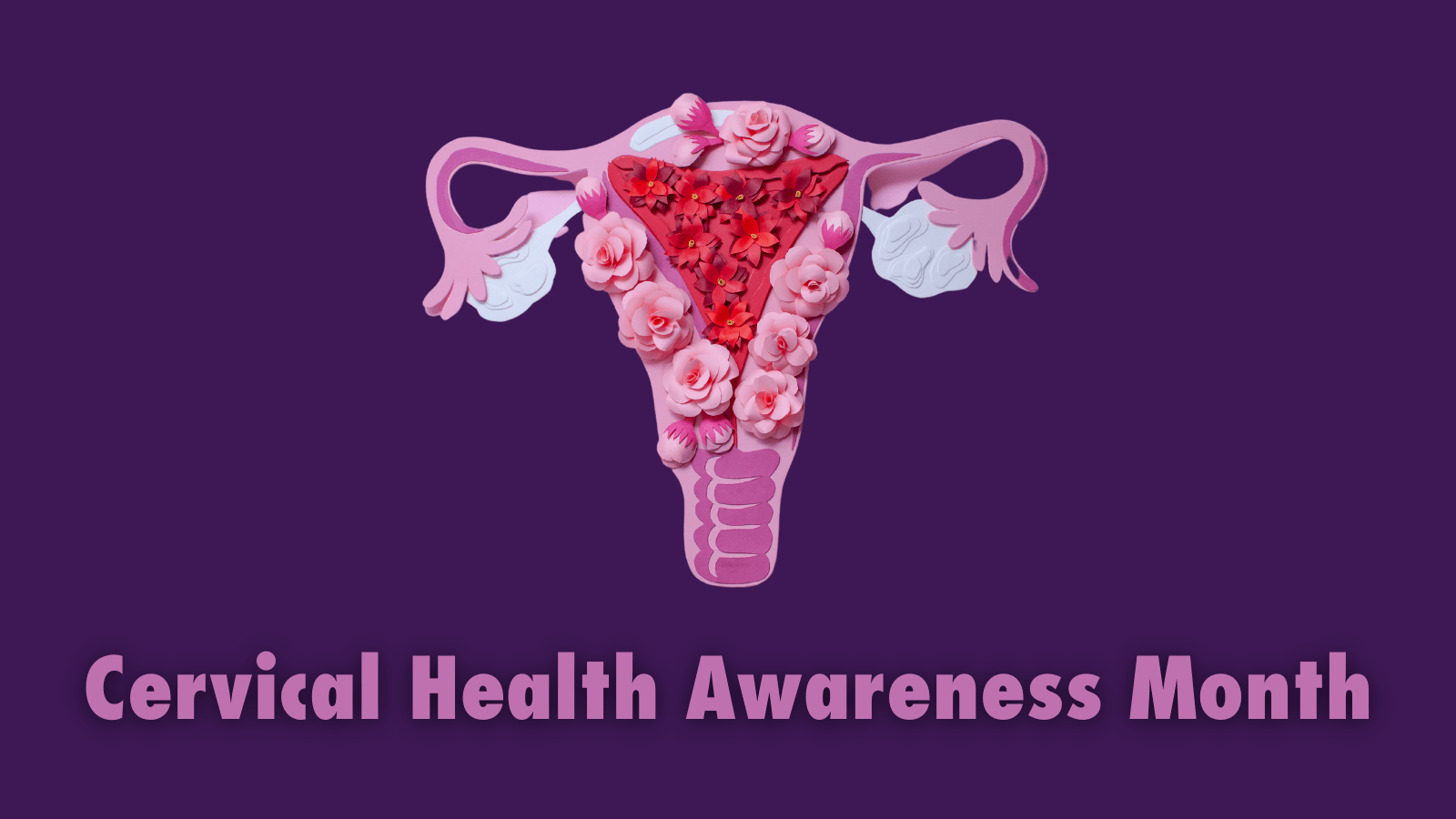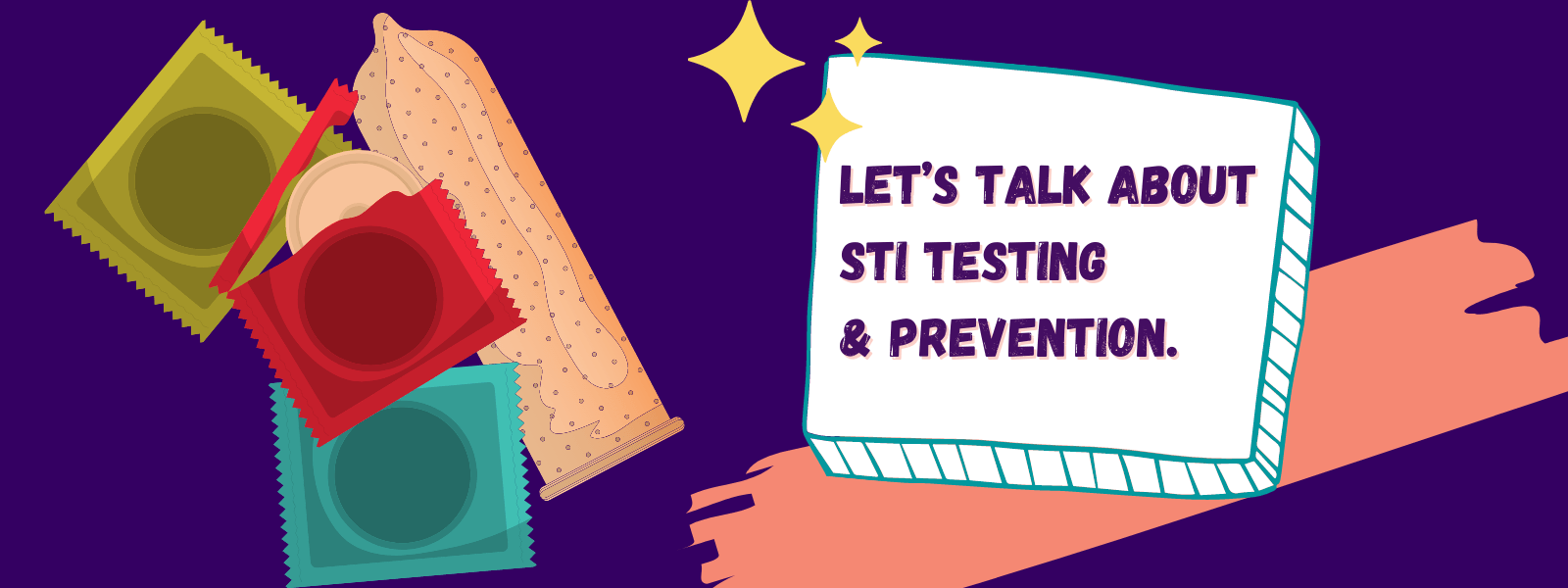April is STI Awareness Month, and we want to help you keep your sex life safe and healthy! According to the CDC, 1 and 5 people have a sexually transmitted infection (STI) and there are 20 million new STI cases in the U.S. every year. What’s more, nearly half of all new STI cases were among people between 15-24 years old, but only 12% say they’ve been tested in the past year.
Protecting yourself against STIs allows you to thrive, so let’s talk testing and prevention.
What is an STI?
STIs, a term often used interchangeably with sexually transmitted diseases (STDs), are any disease that spreads through sexual contact. One person passes the infection on to another person during vaginal, anal, or oral sex. There are more than 20 types of STIs. The most reported is chlamydia, and because it usually doesn’t have any symptoms, people often spread it before realizing they have it. Gonorrhea is the second most reported with cases seeing a 75% spike since 2009. Syphilis has also seen a spike, which are up 52% from 2016. HPV Is another common STI that has silent effects, but it is preventable and detectable.
Watch out for these signs and symptoms:
- Sores or bumps on the genitals or in the oral or rectal area
- Painful or burning urination
- Discharge from the penis
- Unusual or odorous vaginal discharge
- Unusual vaginal bleeding
- Pain during sex
- Sore, swollen lymph nodes, particularly in the groin but sometimes more widespread
- Lower abdominal pain
- Fever
- Rash over the trunk, hands, or feet
The most common STI symptom is no symptom at all. We don’t tell you this to scare you, but to encourage you to get tested! All clinics operated by Whole Woman’s Health offer low-cost STI testing. You can find a clinic near you and make an appointment now! If we aren’t close to where you live, find other trusted clinics on the CDC’s website.
STI Prevention
Sex is normal! If you are sexually active or are thinking about becoming sexually active, the best way to protect yourself against STIs is using condoms. But to work effectively, condoms must be used correctly and used every time you have sex.
There are several types to choose from, including (external) condoms, (internal) condoms, and dental dams. Review the dos and don’ts with your partner and choose the method that’s best for you.
If you feel the condom break at any point before or during sex:
- Stop immediately
- Withdraw
- Carefully remove the broken condom and put on a new one
If the condom breaks, pregnancy can be prevented with emergency contraception (EC). Whole Woman’s Health also offers free or low-cost EC, but you can also get some over the counter. Find out more about EC here. EC does not protect against STIs. If the status of your partner is unknown, we encourage you to get tested.
Have questions or concerns? Call a WWH clinic near you for help.




